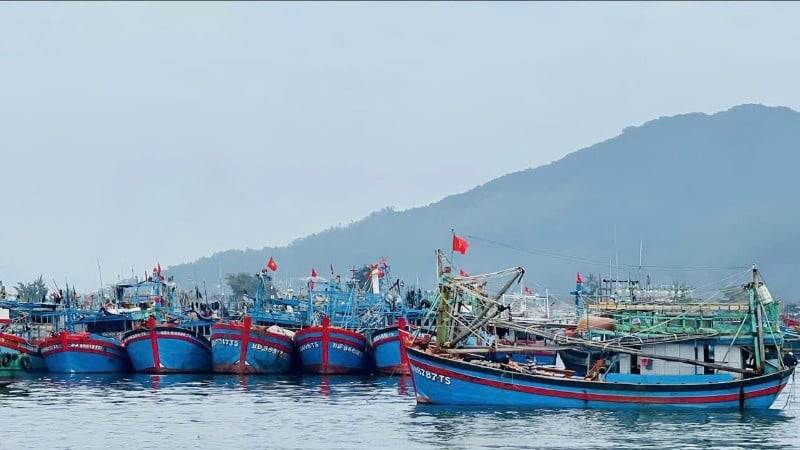
IUU Status: Warning Not Removed, Challenges Remain
At the 14th meeting of the National Steering Committee on IUU on September 23, 2025, Prime Minister Pham Minh Chinh affirmed: "Removing the yellow card is not only an economic requirement but also a matter of national honor" . Although Vietnam has achieved many positive results, IUU violations are still complicated. Although the number of fishing vessels violating foreign waters has decreased, it still exists, affecting national prestige. The situation of losing connection to the vessel monitoring system (VMS) continues: since the beginning of the year, 193 vessels have lost connection for more than 6 hours, 24 vessels have lost connection for more than 10 days. About 9,000 fishing vessels have not been properly licensed. Management in some localities is still lax; fishermen in some places still have a coping mindset. There are many loopholes in tracing the origin of aquatic products.
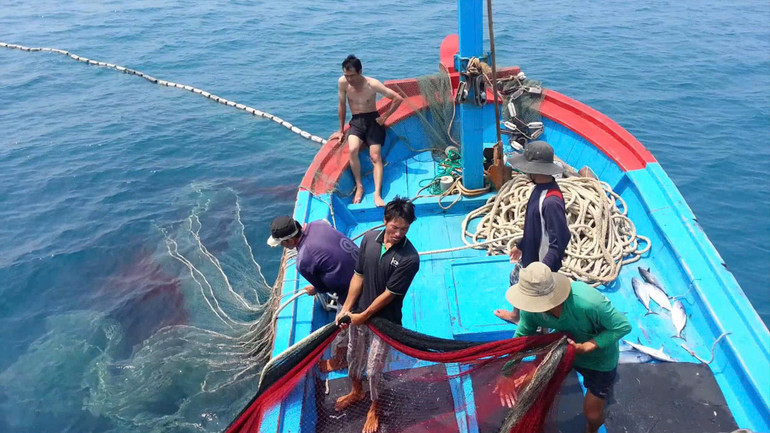
Military: The mainstay in the fight against IUU fishing
Implementing Directive No. 32-CT/TW of the Secretariat and Telegram 122 of the Prime Minister, the Ministry of National Defense has established a Steering Committee for IUU prevention and control throughout the military. The navy, coast guard, border guards, and military regions and services have joined forces synchronously, organized thematic meetings, and closely followed the locality.
Deputy Chief of the General Staff Thai Dai Ngoc was assigned to command the entire deployment. He directly directed the establishment of coordination mechanisms, route monitoring, data connection and force coordination. The direction was synchronous and consistent from the central to local levels.
The units have synchronously deployed many solutions, including establishing a real-time control system for fishing vessels entering and leaving ports, coordinating with the Department of Fisheries and fisheries surveillance forces to determine operating areas, vessel numbers, and monitor journeys at sea.
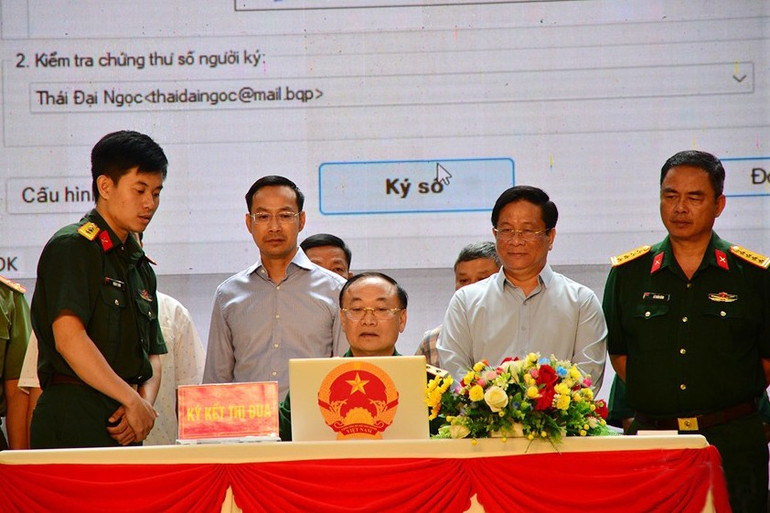
Real-time fishing vessel monitoring system: Breakthrough in modern management, tightening discipline at sea
One of the fundamental steps in the fight against IUU fishing in recent times is the construction and operation of a real-time monitoring system for fishing vessels, chaired by the Ministry of National Defense, in coordination with functional forces and coastal localities. Under the direct direction of the General Staff, this system has become a key tool in the work of inspection, control, warning and handling of violations right from the beginning of the fishing vessel's journey to sea.
Specifically, all data on fishing vessel journeys from border control stations at seaports and fishing ports are collected, encoded and transmitted to the operations center located at Command 86, the information technology headquarters of the Ministry of National Defense. Here, information on location, speed, connection status of VMS devices (voyage monitoring system), and operating areas of tens of thousands of fishing vessels are monitored synchronously and continuously 24/7.
The system allows early warning of signs of violations such as: ships entering foreign waters, turning off VMS, moving abnormally, or anchoring in areas not permitted. Thanks to that, naval forces, coast guard, border guards... can quickly verify, deploy field inspections and promptly prevent illegal exploitation activities right from the beginning.
Not only collecting and monitoring, data is also analyzed and evaluated to serve the decision-making of command and mobilization of law enforcement forces at sea. From there, improving the quality of fisheries management in a modern, transparent and effective direction.
In recent times, the application of real-time monitoring systems has contributed to a sharp reduction in the number of IUU vessels, especially in key localities such as Ca Mau, Kien Giang and Ba Ria-Vung Tau ward (Ho Chi Minh City)... This is considered a breakthrough in tightening exploitation discipline, while raising the level of protecting sea and island sovereignty in the new situation.
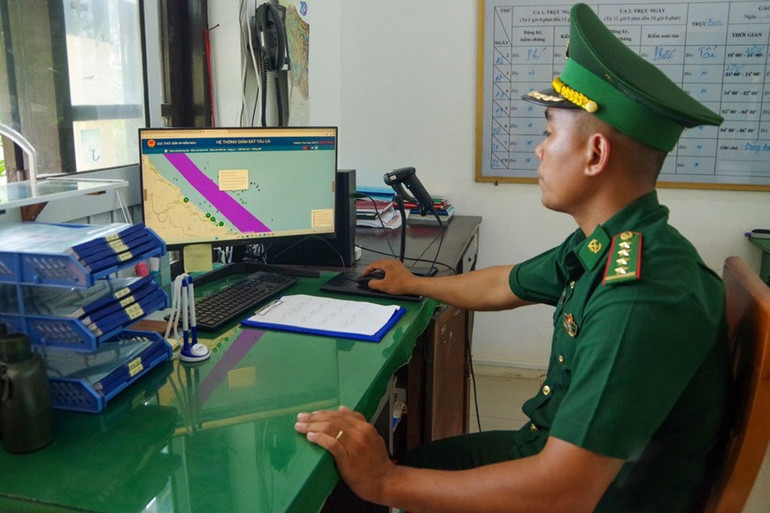
Digital transformation, inter-sectoral management, transparency of seafood origin: The military is the core coordinating force
Clearly identifying digital transformation as an important pillar in the work of preventing and combating IUU fishing, the Vietnam People's Army has proactively coordinated closely with the Ministry of Agriculture and Environment, the Ministry of Public Security, the Ministry of Science and Technology, etc., and coastal provinces and cities to synchronously deploy solutions for information connection and inter-sectoral management, gradually building a shared database to serve national fisheries control.
The priority focus is on 51 fishing ports that are qualified to certify the origin of aquatic products. Here, military units have directly participated with the authorities to update and fully review legal documents, fishing licenses, and technical information of fishing vessels. Inspection work is strictly conducted, clearly defining the anchorage areas between qualified vessels and those that are not qualified to go to sea. The arrangement and organization of routes and anchorage areas are carried out in accordance with regulations, assigning specific responsibilities to each locality and each force.
In addition, interconnected data systems between border guards, coast guard, fisheries surveillance and local authorities are built and maintained regularly. All information about fishing vessels violating IUU regulations, from losing the journey monitoring signal to crossing the permitted sea boundary, is transmitted directly not only to Command 86 for initial handling, but also sent to the local authorities where the vessel is registered for thorough, transparent and legal handling.
This is a fundamental change in approach: from fragmented, scattered processing to an inter-sectoral, centralized process with a clear post-audit mechanism. Senior Lieutenant General, Deputy Chief of the General Staff Thai Dai Ngoc emphasized: “Information must go to the right place, to the right person in charge; processing must have output, reporting, and monitoring.”
Through the synchronous implementation of digital transformation, the military force not only contributes to establishing a modern and effective fisheries monitoring system, but also lays the foundation for transparent traceability of aquatic products, in accordance with the requirements of the international market, especially the European market. At the same time, this is also a step forward in administrative reform and modernization of the fisheries sector towards responsibility, sustainability and deep integration.
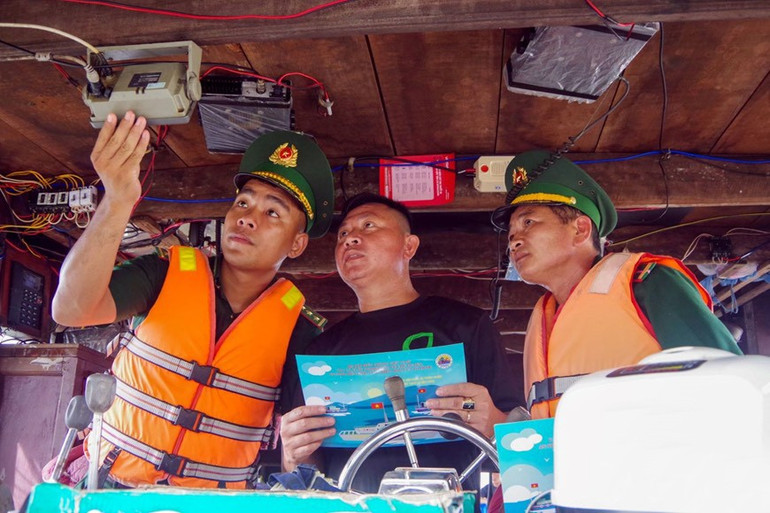
Competition against IUU fishing, strict handling of violations: The army takes the lead in action
With the spirit of “doing it right, doing it right”, forces such as the navy, coast guard, and border guards have proactively launched and signed emulation movements to strictly implement the work of preventing and combating IUU fishing. This is not only an internal movement but also a commitment to the Party, the State, and the people to maintain order and discipline at sea.
The units regularly organize patrols, check fishing licenses, monitor fishing vessel journeys, and compare VMS signals to detect equipment disconnection and over-fishing boundaries. Any violation is recorded on the spot, then the file is transferred to the locality where the violating vessel is located for handling in accordance with the law.
In particular, according to the direction from the General Staff, the process of handling violations does not end with "detection and handover", but must be closed in a cycle: inspection, record making, sending to the locality, monitoring and handling, and reporting the results to the Central Steering Committee. This is to ensure responsibility to the end, avoiding the situation of "done is done" as happened before.
Through this emulation movement, not only are the awareness and responsibility of units enhanced, but positive pressure is also created to force localities to take more drastic action, thereby creating a clear change in the work of controlling and handling IUU violations nationwide.
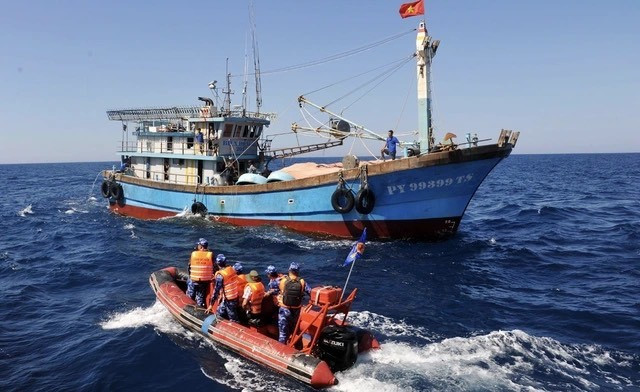
Close coordination between forces inside and outside the army
The navy, coast guard, border guards, and military regions have signed an emulation movement, along with the coordination of local fisheries control forces to strictly handle violations. The handling does not stop at checking documents but also manages the operating area, controls ships entering/exiting, monitors anchoring and transfer of exploited products. Information on IUU vessels is not only transferred to the border guards as before, but has been directed by the Ministry of National Defense to be sent directly to localities for thorough handling, and at the same time requires localities to report the handling results.
Difficulties, problems and recommendations
At the meeting on September 23, Senior Lieutenant General Thai Dai Ngoc also frankly pointed out some shortcomings, that is, many localities have not effectively implemented digital transformation in fishing vessel management. The situation of fishing vessels from one locality anchoring in another locality causes chaos and is difficult to control. In particular, some businesses also "connect" and purchase products from fishing vessels operating illegally in foreign waters. The determination of the origin of aquatic products is still not strict, posing great risks.
From there, Senior Lieutenant General Thai Dai Ngoc proposed that the Government direct more strongly the inter-sectoral coordination mechanism, strengthen the management role of localities, perfect post-inspection policies, and at the same time reward and strictly handle localities that do not seriously perform their tasks.
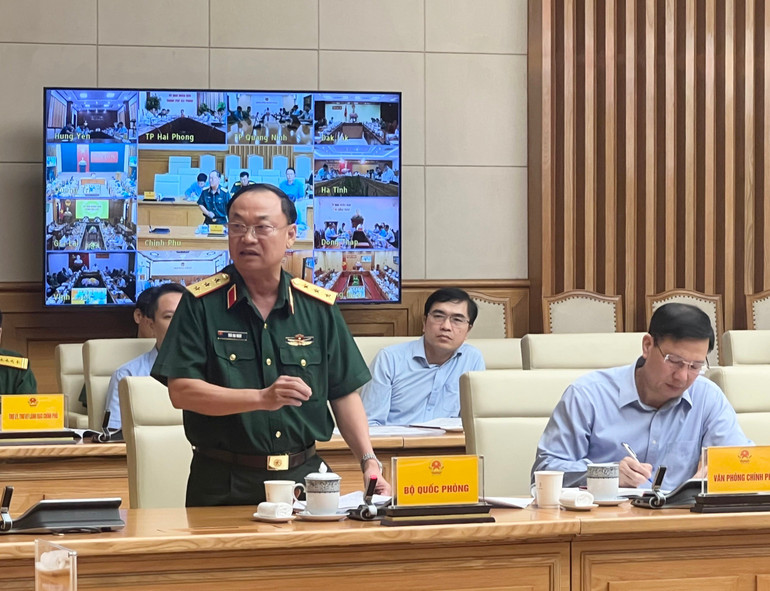
The Prime Minister assigned key tasks to the military: Strengthening forces, leading digital transformation, and monitoring at the root
At the meeting of the National Steering Committee on IUU fishing on the afternoon of September 23, 2025, Prime Minister Pham Minh Chinh assigned specific, clear and comprehensive tasks to the Vietnam People's Army in the fight against IUU fishing. Accordingly, the army is required to continue to strengthen its presence and law enforcement forces at sea, especially in remote sea areas, border areas and sensitive overlapping areas, both to strictly control fishing activities and to affirm and protect national sovereignty.
At the same time, the Prime Minister emphasized the role of the military in perfecting the inter-sectoral coordination mechanism, ensuring effective operation and avoiding overlapping functions between forces, from central to local levels. Along with that, the Head of the Government assigned the Military Industry-Telecoms Group (Viettel) to closely coordinate with localities to deploy digital transformation in management work, ensuring completion before October 15, 2025. The Ministry of National Defense was assigned to be the core force, presiding over, guiding and coordinating the implementation.
Another important task assigned is to proactively propose and build a digital transformation model in key coastal provinces and cities. This will be the basis for replicating modern fisheries management models, closely linking data, technology, and management responsibility. In addition, the military is also assigned the task of comprehensively monitoring the licensing process, post-inspection, and handling of IUU violations, with the consistent requirement of ensuring publicity, transparency, and preventing negativity during the implementation process.
The Prime Minister especially noted: if local authorities are found to be lax, irresponsible, and not handling the situation thoroughly, the forces need to recommend strict handling according to regulations, so as not to affect the common efforts of the entire political system.
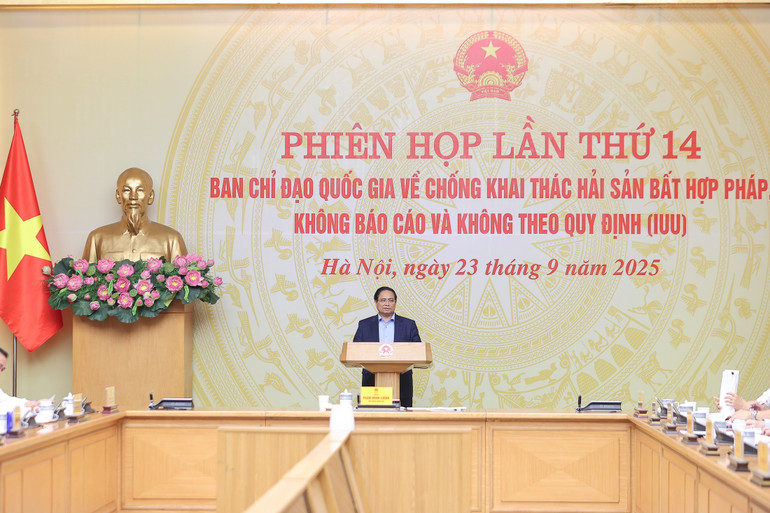
The Vietnam People’s Army is playing a central role in maintaining order at sea, making an important contribution to the national effort to prevent and combat IUU fishing. This is not only a responsibility for the EC’s “yellow card”, but also an essential part in protecting sovereignty, ensuring security of seas and islands, and developing a sustainable marine economy.
Coordination between forces, digital transformation in management, and substantial participation from localities are prerequisites for Vietnam to not only remove the "yellow card", but also build a modern, transparent and responsible fisheries industry towards the international community.
In the final stage before the EC inspection (expected in October 2025), the Vietnam People's Army continues to be the pioneer force, both enforcing the law and accompanying fishermen and localities, with the goal of soon bringing the fisheries industry out of the danger zone, developing sustainably and integrating deeply with the world.
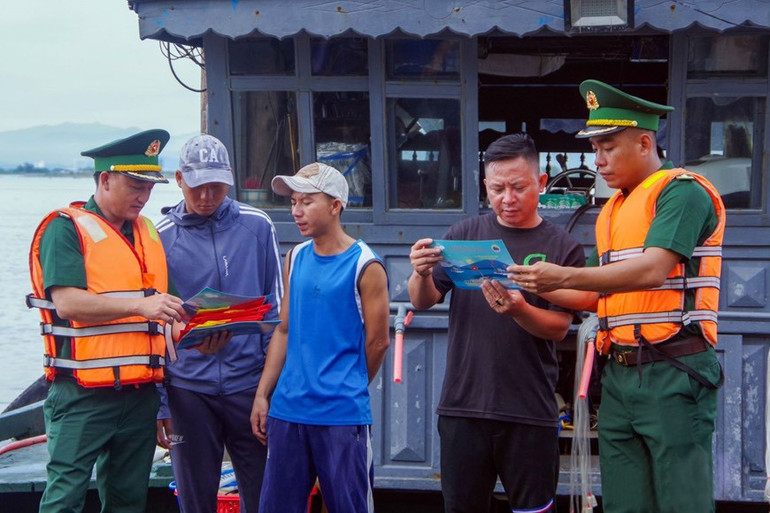
Source: https://nhandan.vn/quan-doi-gop-phan-giu-vung-chu-quyen-dong-hanh-cung-go-the-vang-iuu-post910174.html



![[Photo] Many streets in Hanoi were flooded due to the effects of storm Bualoi](https://vphoto.vietnam.vn/thumb/1200x675/vietnam/resource/IMAGE/2025/9/29/18b658aa0fa2495c927ade4bbe0096df)


![[Photo] General Secretary To Lam chairs the meeting of the Central Steering Committee on preventing and combating corruption, waste and negativity](https://vphoto.vietnam.vn/thumb/1200x675/vietnam/resource/IMAGE/2025/9/29/fb2a8712315d4213a16322588c57b975)
![[Photo] National Assembly Chairman Tran Thanh Man chairs the 8th Conference of full-time National Assembly deputies](https://vphoto.vietnam.vn/thumb/1200x675/vietnam/resource/IMAGE/2025/9/29/2c21459bc38d44ffaacd679ab9a0477c)
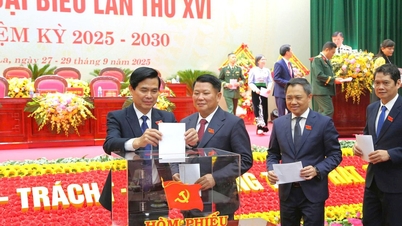



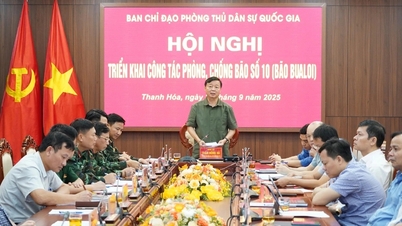

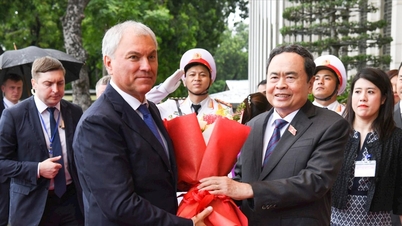







![[Photo] General Secretary To Lam attends the ceremony to celebrate the 80th anniversary of the post and telecommunications sector and the 66th anniversary of the science and technology sector.](https://vphoto.vietnam.vn/thumb/402x226/vietnam/resource/IMAGE/2025/9/29/8e86b39b8fe44121a2b14a031f4cef46)
![[Photo] Many streets in Hanoi were flooded due to the effects of storm Bualoi](https://vphoto.vietnam.vn/thumb/402x226/vietnam/resource/IMAGE/2025/9/29/18b658aa0fa2495c927ade4bbe0096df)
![[Photo] National Assembly Chairman Tran Thanh Man chairs the 8th Conference of full-time National Assembly deputies](https://vphoto.vietnam.vn/thumb/402x226/vietnam/resource/IMAGE/2025/9/29/2c21459bc38d44ffaacd679ab9a0477c)

![[Photo] General Secretary To Lam chairs the meeting of the Central Steering Committee on preventing and combating corruption, waste and negativity](https://vphoto.vietnam.vn/thumb/402x226/vietnam/resource/IMAGE/2025/9/29/fb2a8712315d4213a16322588c57b975)






































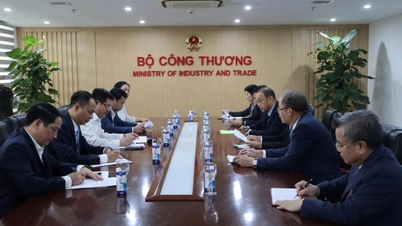










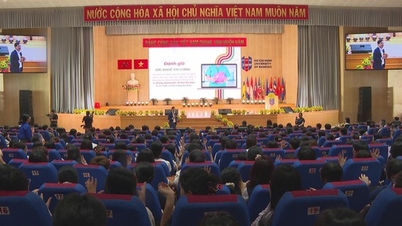














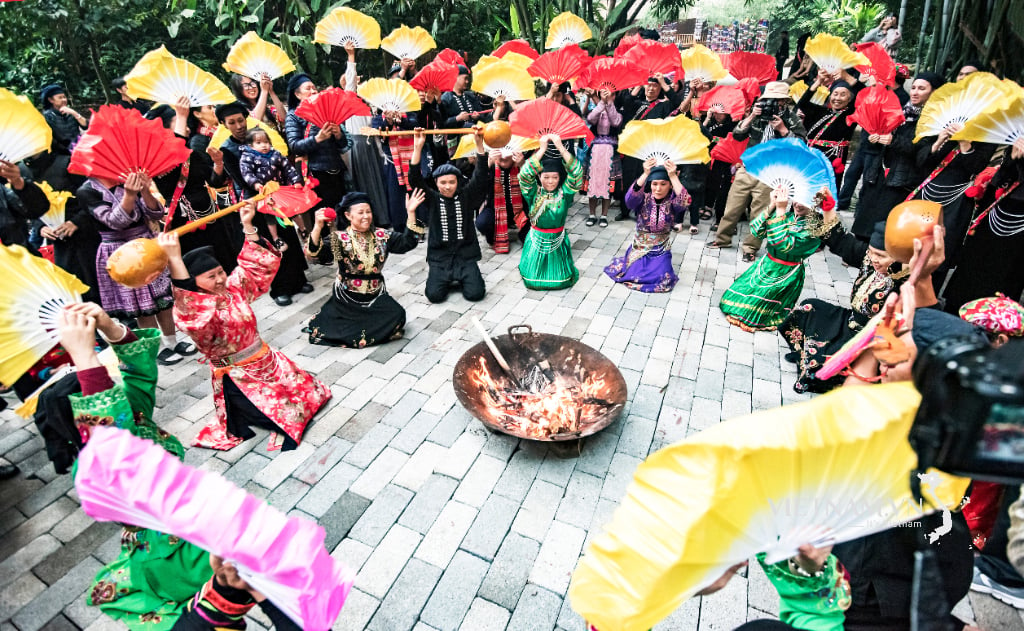
Comment (0)